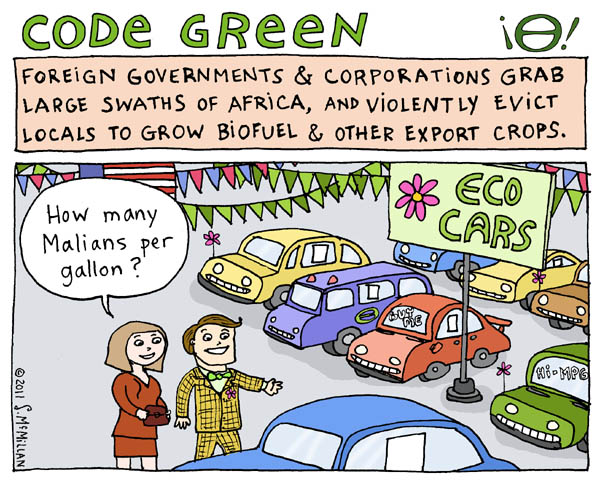
New study: Biofuel production benefits industrial capitalists, not planet
By Inderscience Publishers Biofuels will serve the interests of large industrial groups rather than helping to cut carbon emissions and ward off climate change, according to research to be published in the International Journal of Environment and Health this month. Simone Vieri of the University “La Sapienza” of Rome, Italy, explains that, in its policies to combat climate change, the European Union has planned to increase to 10% the share of fuel derived from biofuels on the market by 2020. It has focused attention on first-generation biofuels, made from the conversion of plant material which can be grown specifically for fuel production, such as corn, soy, sugarcane or palm oil. It has given only a secondary role to second-generation biofuels, made from agricultural and woody crop biomass, including waste and by-products. ...

